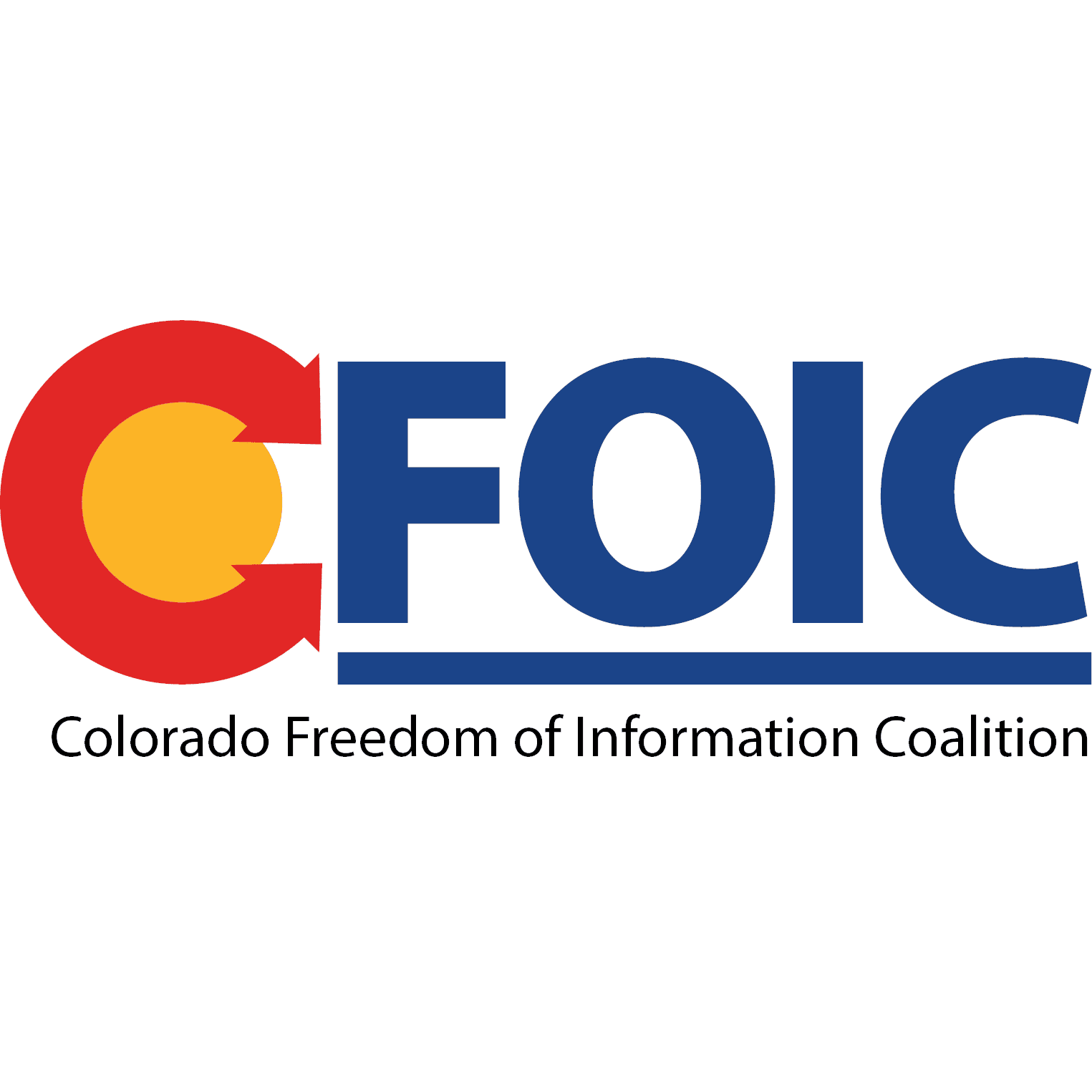A 2021 Colorado Court of Appeals opinion on what lawyers can tell the press about pending class-action lawsuits will chill “legitimate speech that allows the media to keep the public informed on matters of significant public concern,” the Colorado Freedom of Information Coalition and news associations argue in a brief filed recently with the Colorado Supreme Court.
If allowed to stand, the ruling will diminish “vital news coverage of some of the most important court cases — those involving widespread injuries,” contend CFOIC, the Colorado Press Association, the Colorado Broadcasters Association and the Gannett newspaper company. The American Civil Liberties Union of Colorado also signed onto the brief.
The appellate decision under review by the Supreme Court concerns a case brought against Killmer, Lane & Newman, a prominent Denver civil rights law firm. The Court of Appeals determined the firm can be held liable for certain comments attorney Mari Newman made at a news conference about a federal class-action lawsuit filed on behalf of technicians working for a nail salon. The salon sued Newman for defamation after she alleged the workers had been forced to clean the business “for no pay whatsoever.”
Although some of Newman’s statements were opinions protected by the First Amendment, the Court of Appeals judges ruled others were not protected by the litigation privilege, which shields a lawyer who publishes allegedly “defamatory matter” about another person or party in relation to a judicial proceeding. The ruling carved out an exception for statements made in a class-action suit where the class (nail salon technicians, in this instance) is “ascertainable” or easy to identify through discovery.

